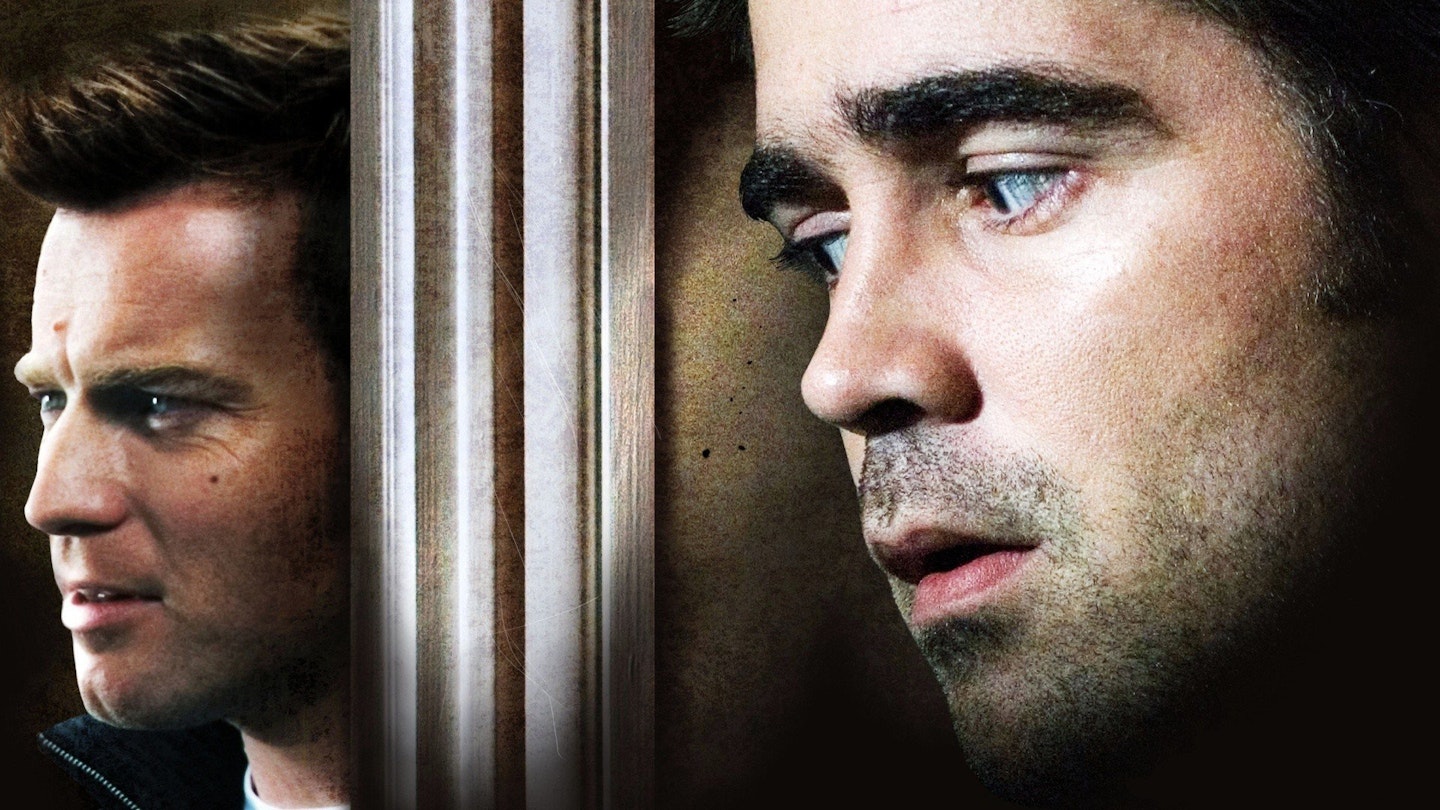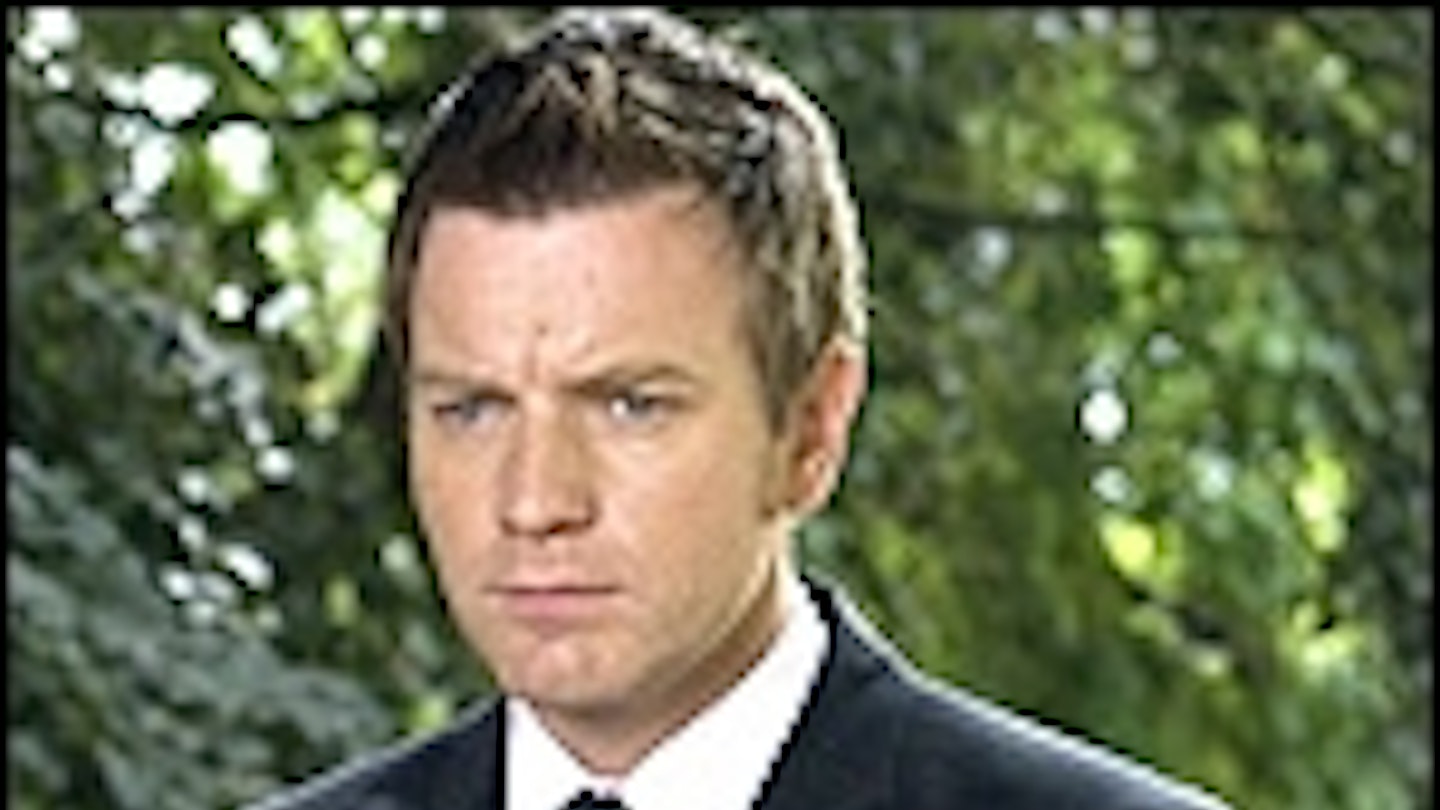Woody Allen's career is built on persistence rather than consistency, having produced a film every year for 19 of the last 20 years. It’s not bad going for a man of 72, but when the process results in a film as sloppy and turgid as Cassandra’s Dream, it’s time to wonder - loudly - if there might be an upside to slowing down.
Though the now-famous distinction between Allen’s serious movies and the “early funny ones” has become blurred with his recent output, Cassandra’s Dream falls irredeemably into the former camp. And although this approach worked for Match Point, with Allen’s outsider perspective proving surprisingly well accommodated by the social-climbing world of wealthy London, Cassandra’s Dream is (a) pretty much the same existential quandary all over again, and (b) incontrovertible proof that the East End is NOT Woody’s manor.
Not a single note in this drama rings true, starting with the proposition of Farrell and McGregor as brothers, both struggling horribly with a London accent. Allen practically boasts of his “lazy” film technique - short shoots, little rehearsal - but its problems have never been more apparent. The script is just awful, and almost unbelievably clumsy from a writer normally so subtle (there are no ‘memorable quotes’ on its IMDb page). But more than that, he has a fantastic cast who have followed him blindly into something that might possibly have worked as a J.B. Priestley play some 60 years ago, but who end up struggling with dialogue so flat that it practically comes in speech bubbles.
Lines seemed to be flubbed, including one apparent shocker from Farrell (clue: it comes after the words “heart attack”), but Allen doesn’t seem to mind, just as he doesn’t care that the owner of a fancy Jag would be able to tell from his milometer, rather than a dent, that someone (the flamboyant Ian) had been driving his car instead of fixing it. These details can’t help but pile up, and by the end, in a ridiculous finale that’s on you and gone in the blink of an eye, it has simply become too much. The only true tragedy here is that Allen let this go out into the world with his name on it, and that he took so many well-meaning, trusting talents up the wrong turn with him.

